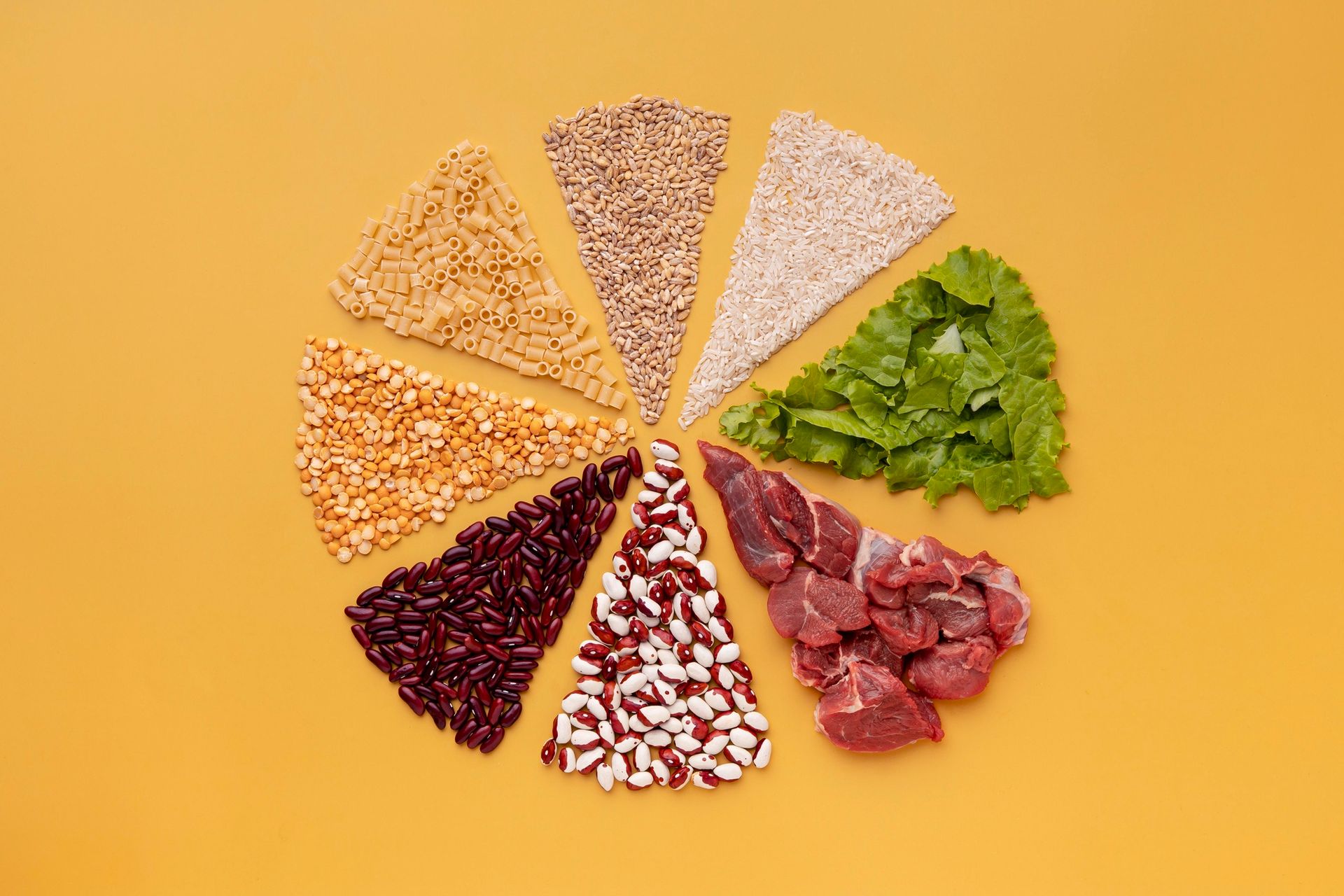Welcome, UAE pet owners! You're likely here because you've heard the buzz about grain-free pet food. Is it just a trend, or is it truly better for your furry friend? This blog will dive into the facts, dispel common misconceptions, and help you make informed decisions about your pet's diet, with a special look at Schesir's natural ingredient approach.
What Does 'Grain-Free' Really Mean?
Grain-free pet food excludes common grains like wheat, corn, soy, and rice. Instead, it often contains alternative carbohydrates such as potatoes, sweet potatoes, peas, and lentils. The aim is to provide a diet that some believe is closer to what pets would eat in the wild.
Is Grain-Free Always Better?
The simple answer is: not necessarily. While some pets may benefit from a grain-free diet, it's not a universally superior option. Here’s why:
- Allergies and Sensitivities: Some pets are genuinely allergic or sensitive to grains. In these cases, a grain-free diet can alleviate symptoms like itching, digestive upset, and skin problems. However, grain allergies are less common than allergies to protein sources like chicken or beef.
- Nutritional Balance: A well-formulated pet food, whether grain-free or not, should provide a complete and balanced diet. It's crucial to look for products that meet the nutritional standards set by organizations like AAFCO (Association of American Feed Control Officials).
- The 'Filler' Myth: Grains are often unfairly labeled as mere fillers. In reality, they can provide valuable nutrients, including fiber, vitamins, and minerals. A good quality pet food uses grains as part of a balanced recipe.
- Potential Concerns: The FDA (Food and Drug Administration) has been investigating a potential link between grain-free diets and dilated cardiomyopathy (DCM), a heart condition in dogs. While the investigation is ongoing, it's worth considering.

Common Misconceptions About Grain-Free Diets
|
|
Schesir: Natural Ingredients for Optimal Pet Health
At Schesir, we believe in providing pets with the best possible nutrition through natural ingredients. While we offer both grain-inclusive and grain-free options, our focus remains on high-quality proteins, carefully selected carbohydrates, and essential nutrients to support your pet's overall well-being.
Why Choose Schesir?
- High-Quality Protein: We use only the best cuts of meat and fish.
- Natural Ingredients: Our recipes are free from artificial colors, preservatives, and added flavors.
- Balanced Nutrition: Schesir formulas meet AAFCO standards for complete and balanced nutrition.
- Palatability: Pets love the taste of Schesir!
Schesir Food Options for Your Pet
- Schesir offers both grain-free and grain-inclusive options to suit your pet's needs. Explore our range of products and find the perfect fit:
- Schesir Grain-Free: Ideal for pets with grain sensitivities or those who thrive on a grain-free diet.
- Schesir Bio Organic: A certified organic line, with both grain-inclusive and grain-free options, for pet owners wanting a truly natural choice.
How to Choose the Right Diet for Your Pet
The best way to determine whether a grain-free diet is right for your pet is to consult with your veterinarian. They can assess your pet's individual needs, consider any underlying health conditions, and recommend the most appropriate diet. Here are a few key considerations:
- Consult Your Vet: Always seek professional advice before making significant changes to your pet's diet.
- Observe Your Pet: Monitor your pet's health and behavior after switching to a new food. Look for any signs of digestive upset, skin problems, or changes in energy levels.
- Read Labels Carefully: Pay attention to the ingredient list and nutritional information. Choose foods with high-quality ingredients and a balanced nutrient profile.
- Consider Life Stage: Puppies and kittens have different nutritional needs than adult or senior pets.
FAQ: Grain-Free Diets for Pets
Q: Is grain-free food more expensive?
A: Grain-free food can sometimes be more expensive due to the ingredients used to replace grains. However, the price varies depending on the brand and quality.
Q: Can grain-free diets cause health problems?
A: There's an ongoing investigation into a potential link between grain-free diets and DCM in dogs. Consult with your vet to weigh the potential risks and benefits.
Q: How do I transition my pet to a grain-free diet?
A: Gradually introduce the new food over 7-10 days to avoid digestive upset. Mix small amounts of the new food with your pet's old food, gradually increasing the proportion of the new food each day.
Q: What are the best grain-free alternatives?
A: Common grain-free alternatives include sweet potatoes, potatoes, peas, lentils, and tapioca. Look for pet foods that use a variety of these ingredients for a balanced diet.
Q: How do I know if my pet has a grain allergy?
A: Common signs of a food allergy include itching, skin problems, digestive upset, and ear infections. Your vet can perform allergy testing to confirm a diagnosis.
Choosing the right diet for your pet is a crucial decision. While grain-free diets can be beneficial for some animals, they are not a one-size-fits-all solution. Always consult with your veterinarian, consider your pet's individual needs, and choose high-quality pet food with natural ingredients. Schesir offers a range of options to support your pet's health and well-being, whether you opt for grain-free or grain-inclusive formulas. By making informed choices, you can help your furry friend thrive.